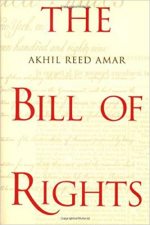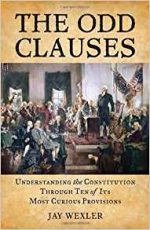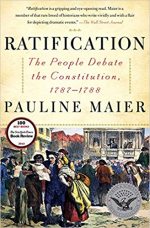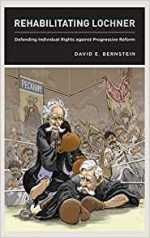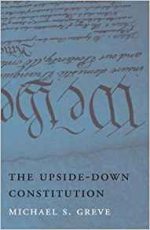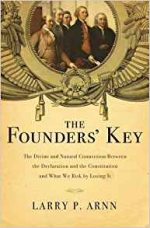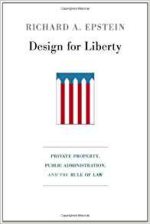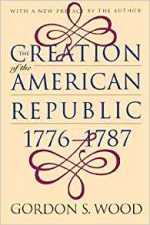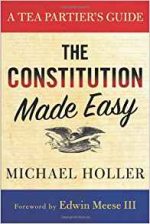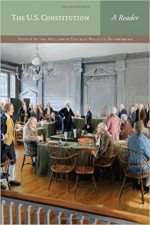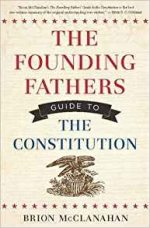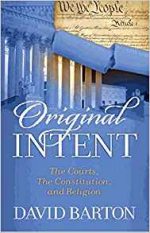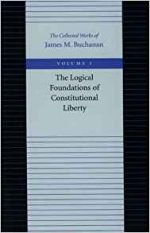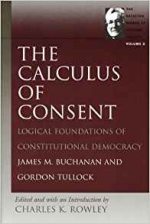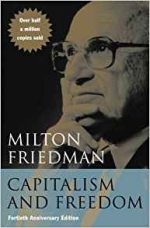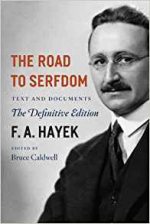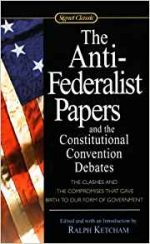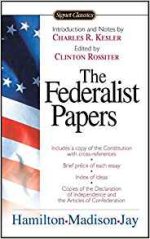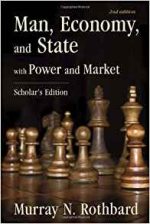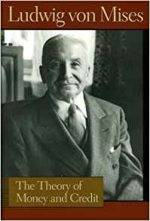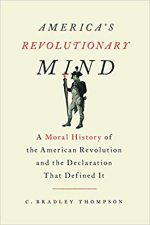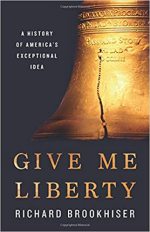Text, Videos, and Other Resources
TCNConst.com
PocketConst.com

A free download of our Pocket Constitution is available on Scribd.
Sold in sets of 25 copies. For details, see web site
The table below includes links to text, relevant videos, and other resources.
See also: ConText. “The Notes of Debates in ConText addresses a real need in our constitutional scholarship. There is currently no systematic, accessible commentary on the Notes that explains the details and context of each decision made at the [constitutional] convention, while also describing the subsequent (and ongoing) debates over constitutional meaning that have stemmed from those decisions. With this site, we are providing the most up-to-date analysis of the Framers’ debates by some of the country’s leading academic voices.” – From the Center for the Constitution at James Madison’s Montpelier.
James Madison, Father of the Constitution (1751-1836)
George Mason, Grandfather of the Bill of Rights (1725-1792)
George Mason wrote the first draft of The Virginia Declaration of Rights in May 1776.
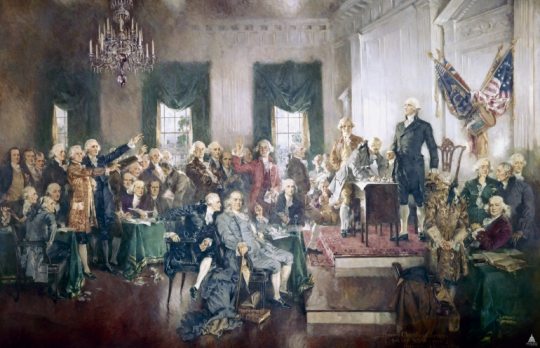
There is no, “Trust us, changes are coming” clause in the Constitution. To the contrary, the Bill of Rights itself, and the First Amendment in particular, reflect a degree of skepticism towards governmental self-restraint and self-correction.
Roman Catholic Archdiocese of New York et al. v. Sebelius, 12 CIV. 2542, 907 F.Supp.2d 310 (BMC) (EDNY) (December 5, 2012) (PDF on scribd)
Also see
- our Congressional Glossary
- The Constitution of the United States – Related Materials
TCNCRM.com / TCNCAM.com
The Declaration of Independence: Version 1 | Version 2
Constitution of the United States
- Article 1 – The Legislative Branch
- Cosmic Constitutional Theory: Why Americans Are Losing Their Inalienable Right to Self-Governance, by J. Harvie Wilkinson
- An Introduction to Constitutional Law: 100 Supreme Court Cases Everyone Should Know, by Randy Barnett and Josh Blackman
- A Pocket Guide to the US Constitution: What Every American Needs to Know, by Andrew B. Arnold
- Why Nations Fail: The Origins of Power, Prosperity, and Poverty, by Daron Acemoglu and James Robinson
- Democracy in America, by Alexis de Tocqueville
- On Liberty, by John Stuart Mill
- American Constitutional Law, Volume One: Constitutional Structures: Separated Powers and Federalism, Eleventh Edition, by Louis Fisher and Katy J. Harriger
- American Constitutional Law, Volume Two: Constitutional Rights: Civil Rights and Civil Liberties, Eleventh Edition, by Louis Fisher and Katy J. Harriger
- Decision in Philadelphia: The Constitutional Convention of 1787, by Christopher Collier
- The Politically Incorrect Guide to the Constitution, by Kevin R. C. Gutzman
- Constitution of the United States – Official, from The National Archives
- CRS Annotated Constitution at Cornell’s Legal Information Institute
- S. Doc. 112-9 – Constitution of the United States of America: Analysis, and Interpretation – Centennial Edition – A clause-by-clause treatise summarizing U.S. constitutional law and citing to relevant cases, from the Library of Congress
- United States Constitution – Wikipedia
- Guide to the Constitution – Heritage Foundation
- Constitution of the United States of America: Analysis and Interpretation, Govinfo.gov
- U.S. Constitution – Findlaw
- Michael Barone’s Guide to Government
- Teaching American History from The Ashbrook Center
- Congressional Glossary – Including Legislative and Budget Terms (CongressionalGlossary.com)
- Let Justice Be Our Guide: Federalism and the Constitutional Convention – Gordon Lloyd
- 50 Core American Documents That Tell America’s Story
- “The Importance of State Constitutions,” by William H. Pryor Jr.
- “5 Facts about the U.S. Constitution,” by Ben Johnson, FEE
- An Introduction to Constitutional Law – ConLaw.us, Randy Barnett and Josh Blackman
- “The Antifederalists Were Eerily Prophetic,” by Gary Galles
Section 1 – The Legislature
Section 2 – The House
Section 3 – The Senate
Section 4 – Elections, Meetings
Section 5 – Membership, Rules, Journals, Adjournment
Section 6 – Compensation
Section 7 – Revenue Bills, Legislative Process, Presidential Veto
Section 8 – Powers of Congress
Clause 1 – Power to tax and spend
Clause 2 – Borrowing power
Clause 3 – Commerce power
Clause 4 – Naturalization and Bankruptcies
Clause 5 – Money
Clause 6 – Counterfeiting
Clause 7 – Post Office
Clause 8 – Copyrights and Patents
Clause 9 – Courts
Clause 10 – Maritime crimes
Clause 11 – War power
Clause 12 – Army
Clause 13 – Navy
Clause 14 – Military establishment
Clause 15 – The Militia
Clause 16 – The Militia
Clause 17 – Enclave clause
Clause 18 – Necessary and Proper clause
Section 9 – Limits on Congress
Section 10 – Powers Prohibited of States
Article 2 – The Executive Branch
- Section 1 – The President
Section 2 – Civilian Power over Military, Cabinet, Pardon Power, Appointments
Section 3 – State of the Union, Convening Congress
Section 4 – Disqualification
Article 3 – The Judicial Branch
- Section 1 – Judicial Powers
Section 2 – Trial by Jury, Original Jurisdiction, Jury Trials
Section 3 – Treason
Article 4 – The States
- Section 1 – Each State to Honor All Others
Section 2 – State Citizens, Extradition
Section 3 – New States
Section 4 – Republican Government
Article 5 – Amendment
Article 6 – Debts, Supremacy, Oaths
Article 7 – Ratification
Signatories
Amendments
Also see Amending the Constitution; Bill of Rights Card, from Two Seas Media.

A free download of our Pocket Constitution is available on Scribd.
Single copies of our Pocket Constitution are available for free. For details, see web site
State Constitutions – from Jerome Hall Law Library at Indiana University
Related books
America’s Unwritten Constitution: The Precedents and Principles We Live By
America’s Constitution: A Biography
What America Was Really Like In 1776
The Bill of Rights: Creation and Reconstruction
The Odd Clauses: Understanding the Constitution Through Ten of Its Most Curious Provisions
Living Originalism
Ratification: The People Debate the Constitution, 1787-1788
Rehabilitating Lochner: Defending Individual Rights against Progressive Reform
The Upside-Down Constitution
The Founders’ Key: The Divine and Natural Connection Between the Declaration and the Constitution and What We Risk by Losing It
Design for Liberty: Private Property, Public Administration, and the Rule of Law
The Ideological Origins of the American Revolution
The Radicalism of the American Revolution
The Creation of the American Republic, 1776-1787
The Essential Federalist and Anti-Federalist Papers
The Constitution Made Easy: A Tea Partier’s Guide
The U.S. Constitution: A Reader
The Founding Fathers Guide to the Constitution
Original Intent: The Courts, the Constitution, & Religion
Logical Foundations of Constitutional Liberty
The Calculus of Consent
Capitalism and Freedom
The Road to Serfdom
The Anti-Federalist Papers And The Constitutional Convention Debates
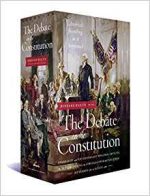
The Debate on the Constitution: Federalist and Anti-Federalist Speeches, Articles, and Letters During the Struggle over Ratification 1787-1788 (Library of America)
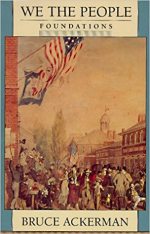
We the People, Volume 1: Foundations
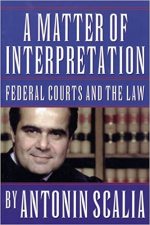
A Matter of Interpretation: Federal Courts and the Law
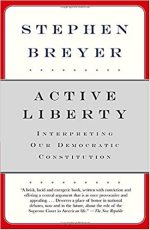
Active Liberty: Interpreting Our Democratic Constitution
The Federalist Papers
Man, Economy, and State: With Power and Market
The Theory of Money and Credit
33 Questions About American History You’re Not Supposed to Ask
America’s Revolutionary Mind: A Moral History of the American Revolution and the Declaration That Defined It
Give Me Liberty: A History of America’s Exceptional Idea
Great Society: A New History
The Will of the People: The Revolutionary Birth of America
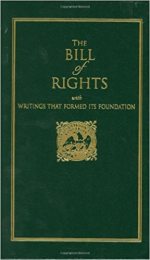
The Bill of Rights: With Writings That Formed Its Foundation
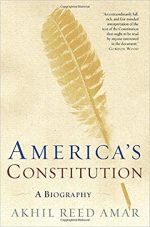
America’s Constitution: A Biography
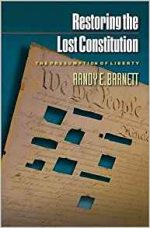
Restoring the Lost Constitution: The Presumption of Liberty
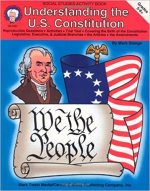
Understanding the U.S. Constitution, Grades 5 – 8
More
For more than 40 years, TheCapitol.Net and its predecessor, Congressional Quarterly Executive Conferences, have been teaching professionals from government, military, business, and NGOs about the dynamics and operations of the legislative and executive branches and how to work with them.
Our custom on-site and online training, publications, and audio courses include congressional operations, legislative and budget process, communication and advocacy, media and public relations, testifying before Congress, research skills, legislative drafting, critical thinking and writing, and more.
TheCapitol.Net is on the GSA Schedule, MAS, for custom on-site and online training. GSA Contract GS02F0192X
TheCapitol.Net is now owned by the Sunwater Institute.
Teaching how Washington and Congress work ™



